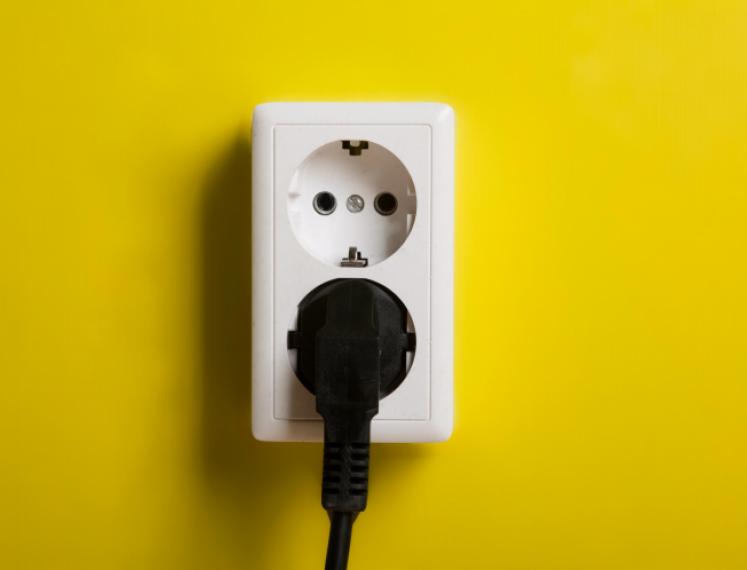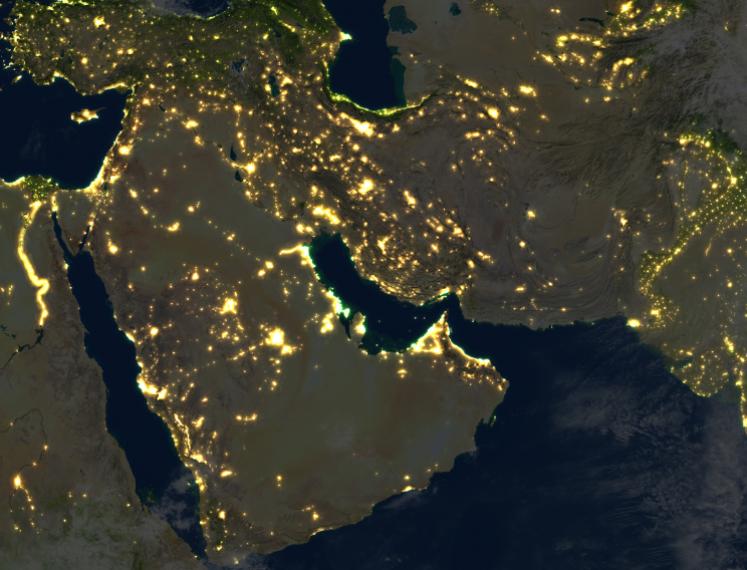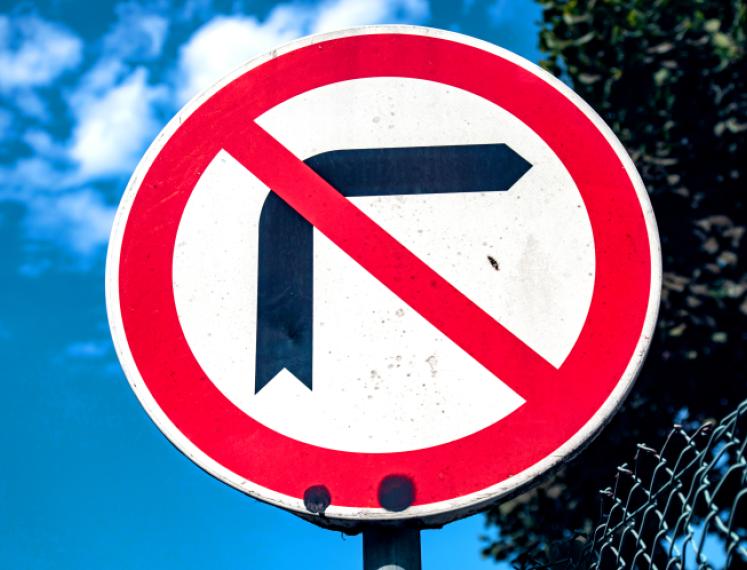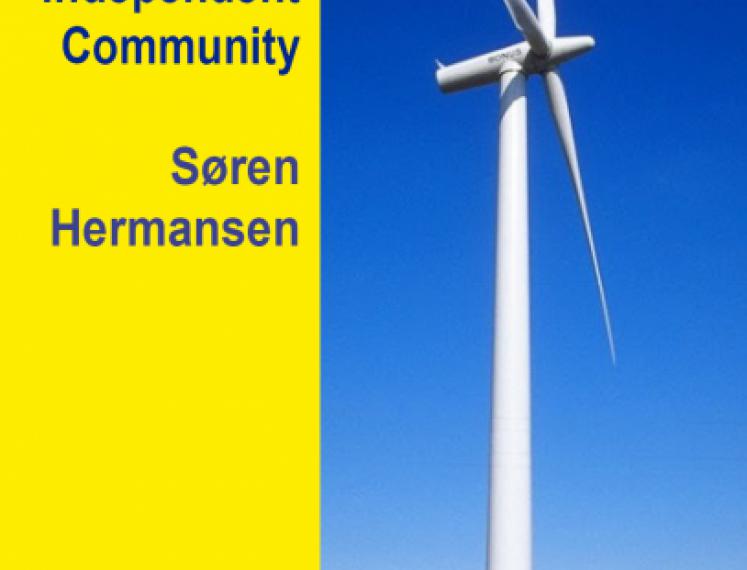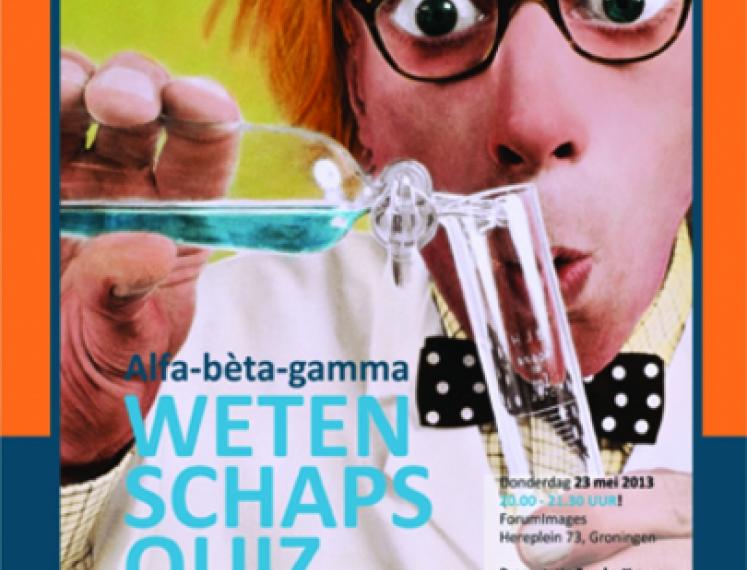Usva Theater
Munnekeholm 10
Groningen
Nederland
Energy Poverty: Is There a Way Out?
The effects of the high energy prices are being felt on different levels. Churches, universities and other large organizations that face a tripling of their energy bills are forced to close their doors or change the opening hours to save energy. Students are shivering in their homes because they have to turn off their heating to cut the energy costs. Some households have to save on other basic necessities such as food and clothing to be able to cover the energy bills. These are just a few examples of people or institutions that have been hit hard by the energy crisis, for some leading up to a point that they experience 'energy poverty'. But what does it mean to be ‘energy poor’? What are the causes? Is it fair that some are increasingly affected by energy poverty, while others are not? And are there any sustainable solutions for energy poverty? Professor of Energy Law Lorenzo Squintani discusses these and more (of your) questions during this edition of Let’s Ask.
Lorenzo Squintani is Professor of Energy Law at the University of Groningen. He researches the foundation of EU sustainability law. He looks at what needs to be done to spur sustainability in the European Union. He focuses his research on three criteria from this framework: a) multi-level governance, b) integration and c) public participation. Within the context of public participation, he is founder and co-director of the Like!Me Living Lab Project.
Before the start of the programme, Usva Cafe is open for drinks.
Let's Ask
In Let's Ask (before: Ask a Scientist) Groningen's finest researchers share their knowledge to provide context to that recurring 'thing' in the news and will answer your questions. In collaboration with Usva.
